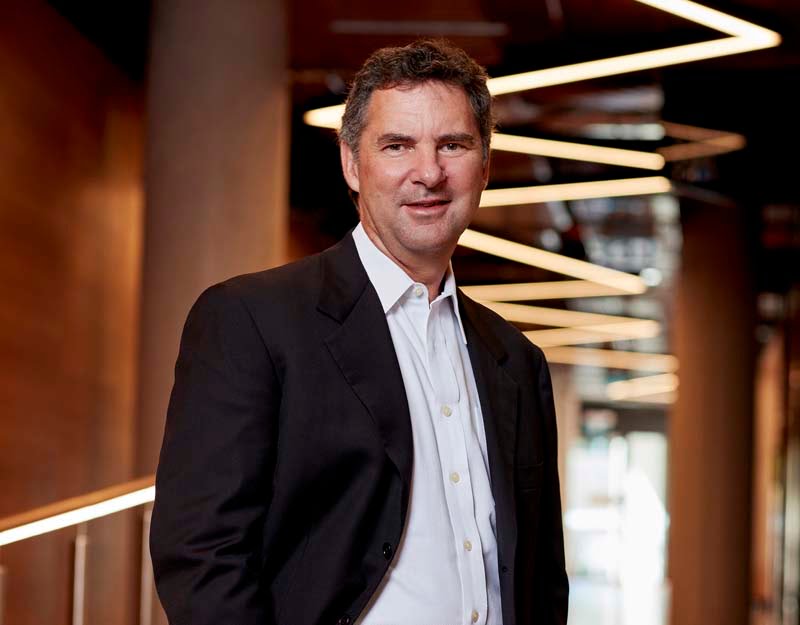Innovation and Science Australia’s 2030 Report recently proposed a ‘National Mission’ on focused on genomic research that had the ultimate aim to making Australia the “healthiest country on earth”. It might sound ambitious, but CSIRO chief executive Larry Marshall says its an achievable and worthy target.
“I think Australia’s moonshot to become the healthiest nation in the world is well within our reach,” Dr Marshall will tell an audience at the Vivid Sydney Festival on Friday morning.
Dr Marshall suggested that for the country to achieve this target, Australia needed a cross-disciplinary “one health” approach. This means that government, industry, and research institutions must partner up.

“The ‘one health’ model means we now understand that the solutions won’t come from one single discipline or institution. The challenges are complex, and need innovative new approaches. But we know innovation happens at the intersection of people and perspectives,” he said.
Dr Marshall said the “one health” approach meant taking advantage of the agency’s genetic research that was previously used to solve problems around plants, animals and water.
“Our environment, water, plants, animals and humans – we used to consider all of these elements separately, but our future is the intersection of all of them,” he said.
At CSIRO, research into how Australians can live healthier for longer is already underway, with precision health a focus area.
“We’re specifically working on developing an integrated platform that can be used to proactively manage your health throughout the course of your life – designed literally for a customer of one, you,” Dr Marshall said.
“It will feature highly tailored food, nutrition and lifestyle interventions, reflecting community expectations and attitudes, and building on programs and developments already underway in the medical field.”
Another project CSIRO is focused on under solving problems around precision health, according to Dr Marshall, is developing wearable sensors to monitor, in real time, complex processes in the human body that can be the early warning signs of injury or disease.
“One of the first goals we’re working towards is the development of a small, unobtrusive sensor that people with diabetes can wear to monitor their individual glucose levels,” he said.
“This tech could potentially also be used by people at high risk of developing diabetes, to help them regulate their diet and lifestyle and make real changes to manage, or even avoid, the disease.”
Precision health is one of eight investment areas that fall under the CSIRO’s Future Science Platforms, a multi-year investment focused on solving big-picture problems.
“Precision Health harnesses the power of big data – including clinical, laboratory, and genetic data – to generate new insights and improved treatments for individuals,” Dr Marshall said.
“It’s a rapidly accelerating field, powered by advances in biosciences like gene sequencing, understanding the interactions at the microbiome level of our bodies, and seeing differences in how genes are expressed through emerging work in the field of epigenetics.
“Precision Health means we can shift our emphasis from treating illness towards keeping people healthy by better predicting, and delaying, the onset of chronic disease.”
Do you know more? Contact James Riley via Email.

